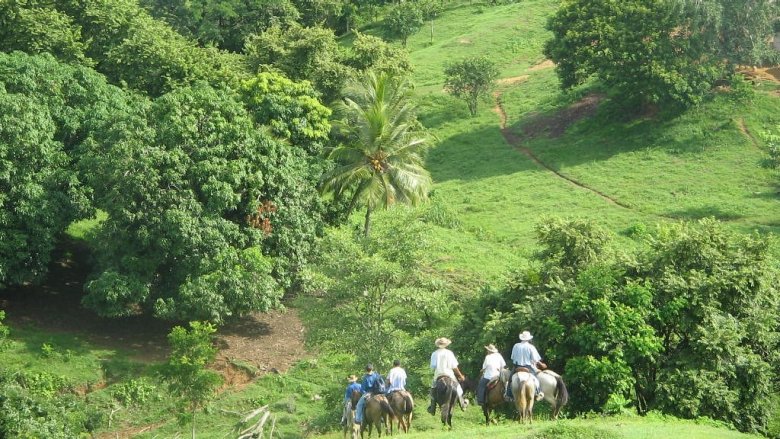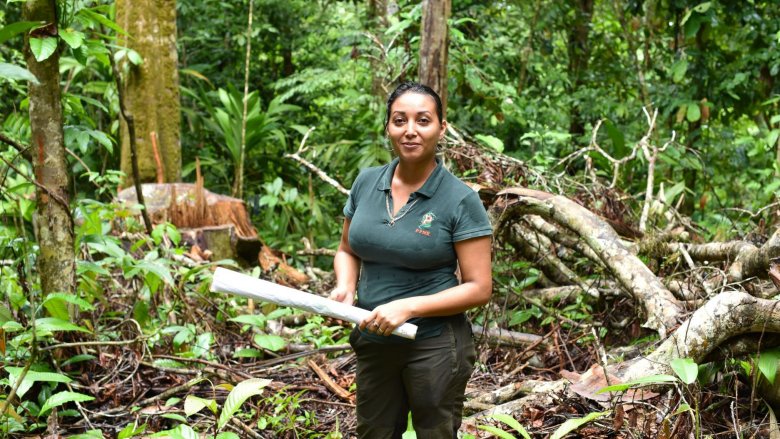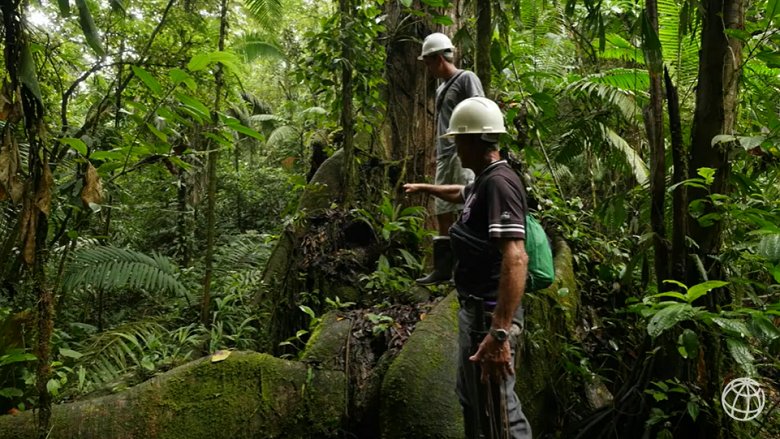Costa Rica is widely recognized as a global leader for its environmental accomplishments, not least of which is its success in forest conservation. It is the first tropical country in the world to have reversed deforestation. Its highly biodiverse tropical rainforests now cover close to 60% of the country, having shrunk as low as . In 2019, the country received a ¨C the United Nation¡¯s highest environmental honor¡ªfor its role in the protection of nature and its commitment to ambitious policies to combat climate change.
In another example of strong climate leadership, Costa Rica in August became the first Latin American country (and second country overall) to receive a payment from the World Bank¡¯s (FCPF) for reducing carbon emissions from deforestation and forest degradation (commonly referred to as REDD+). FCPF is a global partnership of governments, businesses, civil society, and Indigenous People's organizations that helps countries set up the building blocks to implement REDD+. Costa Rica established a national REDD+ strategy, along with forest reference emission levels, systems for national forest monitoring, and safeguards. A broad public consultation helped to better understand the underlying drivers of deforestation and degradation in and outside of forest jurisdictions.
These activities created the foundation for Costa Rica¡¯s large-scale with the . Launched in 2020, the program aims to increase the nationwide impact of public policies that have worked over the last 30 years to protect the country¡¯s forest landscapes, which stretch across more than half of Costa Rica¡¯s 5.1 million hectares. These policies include strengthening the governance of national protected areas, which cover 26% of the country¡¯s territory, and expanding national programs for sustainable forest management, fire management, and landscape restoration. Costa Rica also aims to expand the country¡¯s program, which provides incentives to farmers or landowners for forest conservation and carbon stock enhancement through reforestation, tree plantations, agroforestry, and silvopastoral systems -- an agroforestry practice which combines tree growing with raising livestock.
¡°Our emissions reductions program is offering new incentives that are helping to broaden stakeholder participation, and achieve a more productive approach to forestry,¡± said Jorge Mario Rodriguez, Executive Director of Costa Rica¡¯s National Forestry Financing Fund (FONAFIFO).



